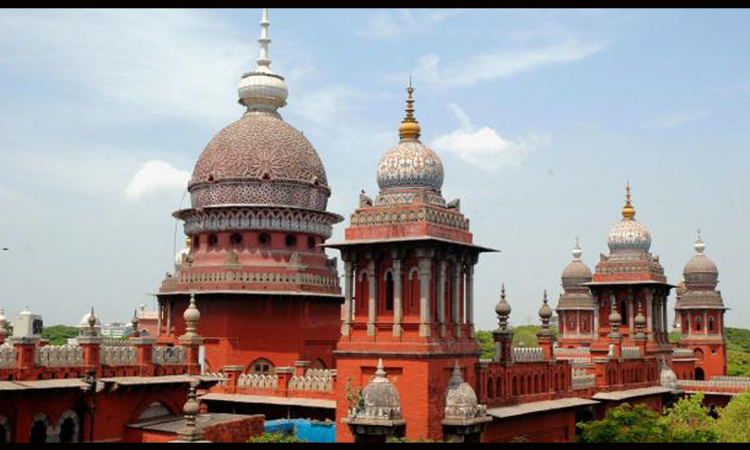IT Rules 2021: Madras High Court Restrains Coercive Action Against Digital Media Platforms Under IBDF
Sebin James
8 Dec 2021 11:05 AM IST

Next Story
8 Dec 2021 11:05 AM IST
The Madras High Court has restrained the Central Government from taking any coercive action under the IT Rules 2021, against digital media platforms that are members of the Indian Broadcasting and Digital Foundation, including Sun TV Network.The development comes in a writ petition preferred by the Foundation challenging the Code of Ethics in relation to digital media platforms under Part III...
